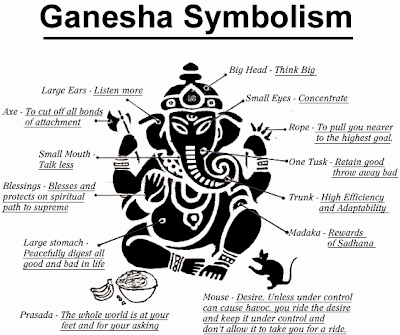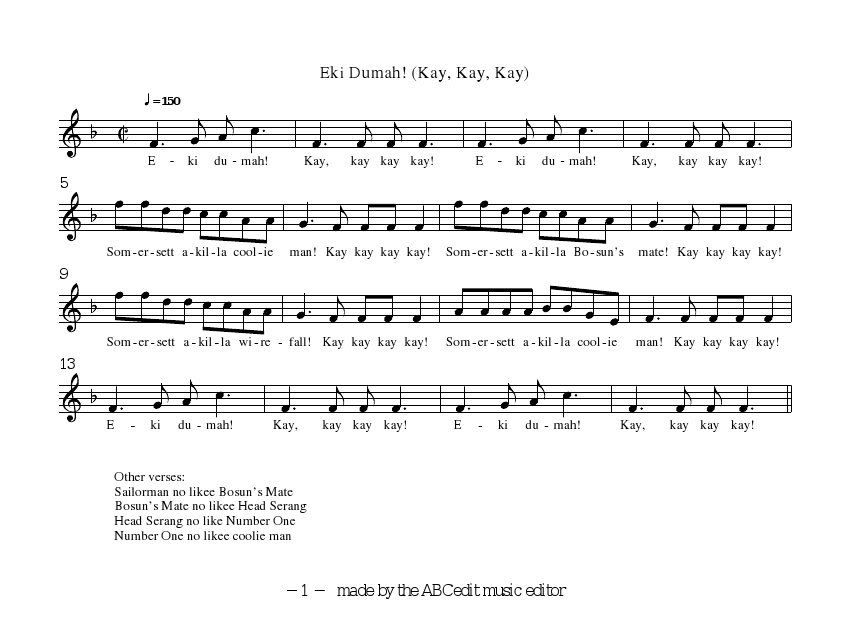...the poor always ye have with you; ...
John 12: 8.
All the lonely people
Where do they all come from?
All the lonely people
Where do they all belong ?
Eleanor Rigby (by Paul McCartney)
Don't get me wrong. Things have improved a lot over the years, but wherever you go, these lost souls are still wandering. Most of us will never know them, never want to know them, but a very few see beyond the unshaven chin, the unkempt hair and the outmoded clothes. And are ready to offer a warm meal and a few minutes of companionship even if it means missing an appointment.Doing the right thing means being sensitive without showing it; the veteran who can't hold down a job, lost his family, doesn't want to talk about anything but will accept a few dollars for helping with yard work.
The bag-lady, pushing her world around town in a shopping-cart, accepts the offer of a warm meal.
 When the Vagrancy Act was passed in 1834 concern had been expressed about soldiers returning from the Napoleonic wars with no home, or job to return to, and of course it wasn't long before civic authorities began to see the possibility of applying the terms of the Act to the professional beggars, prostitutes and other
When the Vagrancy Act was passed in 1834 concern had been expressed about soldiers returning from the Napoleonic wars with no home, or job to return to, and of course it wasn't long before civic authorities began to see the possibility of applying the terms of the Act to the professional beggars, prostitutes and other undesirablepersons in their towns and villages. Of course, not all the individuals living on the streets and by their wits can be justly tarred with the same brush. Some of them inhabit their own incomprehensible world, not dangerous to themselves or others, the municipal asylums are unable to help them so that homeless people like Bert, often known to the local constabulary by a friendly appelation, like Burlington Bertie find themselves being shuffled from district to district. Burlington, at the time when the song was popular (and even at the time of writing) is one of the more respectable suburbs of London, favored by the well-to-do and aristocratic families who maintain a residence in the city in addition to their country estates.
Of course, when the case of a vagrant comes before the court, the individual concerned must be represented by a competent barrister; someone like Mr.David Hunter, or Mr.Reginald Smythe, Justice Lord Rosebery presiding.
I'm Bert, p'raps you've heard of me
Bert, you've had word of me,
Jogging along, hearty and strong
Living on plates of fresh air
I dress up in fashion
And when I am feeling depressed
I shave from my cuff all the whiskers and fluff
Stick my hat on and toddle up West
I'm Burlington Bertie, I rise at ten thirty
And saunter along like a toff
I walk down the Strand with my gloves on my hand
Then I walk down again with them off
I'm all airs and graces, correct easy paces
Without food so long I've forgot where my face is
I'm Bert, Bert, I haven't a shirt
But my people are well off you know.
Nearly everyone knows me from Smith to Lord Rosebr'y,
I'm Burlington Bertie from Bow.
I stroll with Lord Hurlington,
Roll in The Burlington
Call for Champagne, walk out again
Come back and borrow the ink
I live most expensive
Like Tom Lipton I'm in the swim
He's got so much 'oof', he sleeps on the roof
And I live in the room over him.
I'm Burlington Bertie, I rise at ten thirty
And saunter along Temple Bar
As round there I skip
I keep shouting 'Pip Pip!'
And the darn'd fools think I'm in my car
At Rothchilds I swank it
My body I plank it
On his front door step with 'The Mail' for a blanket
I'm Bert, Bert, and Rothchild was hurt
He said ' You can't sleep there' I said 'Oh'
He said 'I'm Rothchild sonny!' I said 'That's damn'd funny,
I'm Burlington Bertie from Bow'
I smile condescendingly
While they're extending me
Cheer upon cheer when I appear
Captain with my polo team
So strict are my people
They're William the Conqueror's strain
If they ever knew I'd been talking to you
Why they'd never look at me again
I'm Burlington Bertie, I rise at ten thirty
And reach Kempton Park around three
I stand by the rail, when a horse is for sale
And you ought to see Wooton watch me
I lean on some awning while Lord Derby's yawning
Then he bids two thousand and I bid Good Morning
I'm Bert, Bert, I'd buy one, a cert
But where would I keep it you know
I can't let my man see me in bed with a gee-gee
I'm Burlington Bertie from Bow!
My pose, Tho' ironical
Shows that my monocle
Holds up my face, keeps it in place,
Stops it from slipping away.
Cigars, I smoke thousands,
I usually deal in The Strand
But you've got to take care when you're getting them there
Or some idiot might stand on your hand.
I'm Burlington Bertie, I rise at ten thirty
And Buckingham Palace I view.
I stand in the yard while they're changing the guard
And the queen shouts acrossToodle oo!
The Prince of Wales' brother along with some other
Slaps me on the back and saysCome and see Mother
But I'm Bert, Bert, and Royalty's hurt,
When they ask me to dine I say no.
I've just had a banana with Lady Diana
I'm Burlington Bertie from Bow.





References
The Theatre of the British Legal System, Part 1, Part 2

The written content of this work is licensed under a Creative Commons Attribution-Noncommercial-Share Alike 3.0 Unported License.






